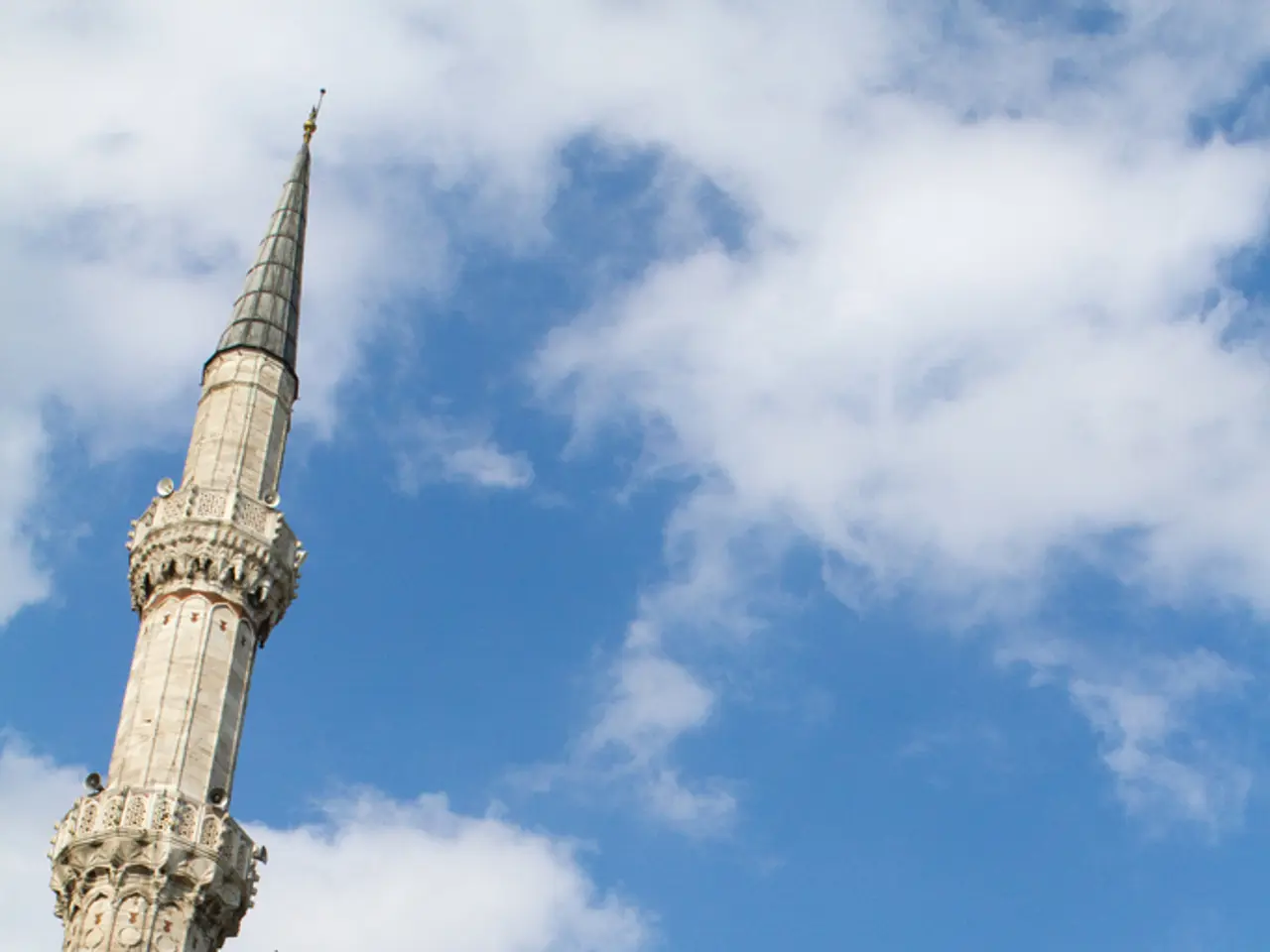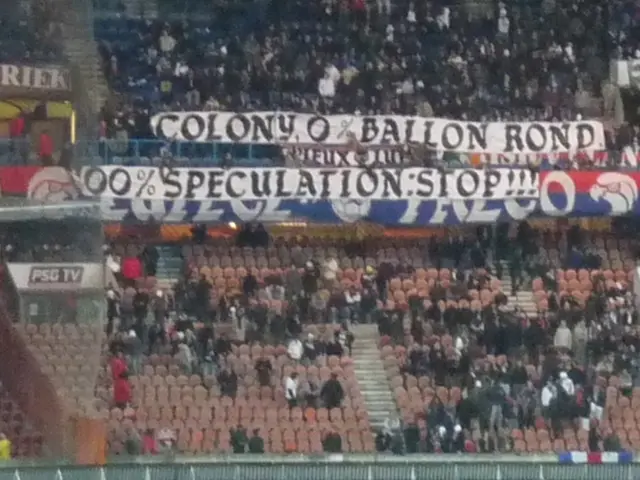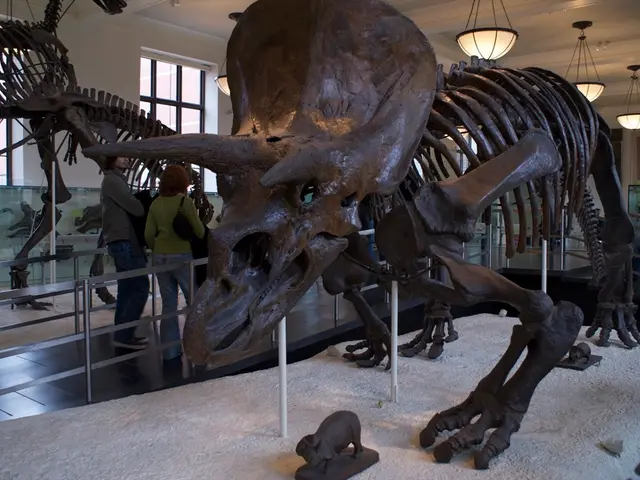Worldwide criticism escalates following Israeli action in Doha: "Blatant disregard for Qatar's territorial integrity"
In a shocking turn of events, an aerial attack in Doha severely damaged a building housing the political headquarters of Hamas. The attack, which occurred on Tuesday, has sparked widespread condemnation from various countries and Arab leaders.
The Qatari government, which has played a key role in efforts to achieve a ceasefire in Gaza and facilitate the release of hostages held by Hamas, has been particularly affected. Khalil al-Hayya, a senior Hamas leader, and other top Hamas officials, who mostly reside in Qatar or Turkey, were reportedly protected by Qatar. Doha serves as a base for al-Hayya and the Hamas leadership delegation.
Spain categorically condemned the Israeli bombing, considering it a "flagrant violation of International Law" and of "Qatari territorial sovereignty." France's President Emmanuel Macron also denounced the Israeli attacks, stating that they are "unacceptable, regardless of the reason" and warning that the war must not spread to the region "under any circumstances."
The United Nations Secretary-General, Antonio Guterres, echoed these sentiments, condemning the Israeli bombings on Qatar as a "flagrant violation of sovereignty and territorial integrity." The Vatican also weighed in, conveying to Israeli President Isaac Herzog that the two-state solution is "the only way out of the war."
Turkey's Ministry of Foreign Affairs stated that the attack shows Israel "does not seek peace, but to continue the war." Lebanon's President Joseph Aoun views the bombing in Doha as part of a series of Israeli military actions aiming to undermine regional stability and security.
Oman and Kuwait also issued statements of condemnation, supporting the Qatari position. The Arab League has expressed full solidarity with Qatar and supports any measures the country decides to take to "protect its sovereignty and safeguard its security." Egypt, a main mediator in Israel-Hamas dialogue, described the attack as a "dangerous precedent" and an "unacceptable act."
The United Arab Emirates called on the UN Security Council to "deter Israel and stop these attacks," warning of "extremely dangerous repercussions" in the region. Saudi Arabia's Crown Prince and Prime Minister, Mohamed bin Salman, contacted Qatar's emir to convey his "full support" and condemnation of the Israeli attack.
Pope León XIV warned about the gravity of the situation and reiterated calls for a definitive end to violence, the release of hostages, and the entry of humanitarian aid for Palestinians facing famine. The Syrian and Iraqi governments described the action as a direct threat to regional security.
The Israeli operation extended the radius of military action to the Arabian Gulf, where Hamas has maintained its political base for years. The offensive was directed against senior Hamas leaders accused of planning and executing the October 7 massacre and coordinating the current war against Israel.
As the international community continues to weigh in on the situation, it remains to be seen how this incident will impact the ongoing conflict and the future of the region.








